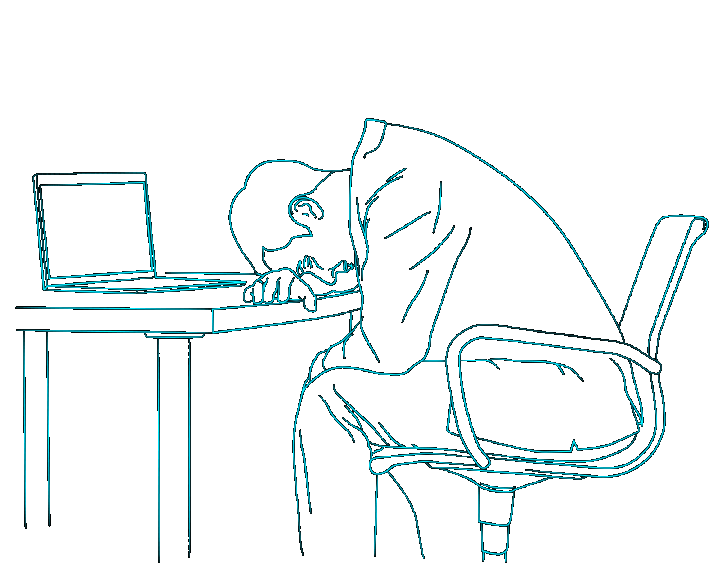To provide services at the highest level, we use cookies. Using the website requires you to choose settings related to their storage on your device. If you want to know what each type of cookie is used for, click the Details button below.
How long we can go without sleep to still live and be healthy?16 września 2020 |

Currently, the longest time a person has endured without sleep is 266 hours, approximately 11 days. However, it should be emphasized that such extreme sleep deprivation is harmful to health and can lead to serious consequences.
The best way to endure sleep deprivation is by refreshing oneself with a cold shower, ensuring good hydration, and providing the body with nourishment in the form of a light but protein-rich meal. It is also helpful to expose oneself to natural light, which reduces the secretion of melatonin, the hormone that regulates sleep and wakefulness.
Yes, it is possible to die from lack of sleep because the body does not regenerate, and its organs are unable to rest. Death due to lack of sleep most commonly affects individuals suffering from fatal familial insomnia, who die from exhaustion.
Sleep deprivation poses the risk of extreme physical exhaustion, which also results in psychotic symptoms and a range of life-threatening somatic symptoms. Lack of sleep weakens a person's cognitive abilities, and their cognitive processes begin to deteriorate. Reduced cognitive abilities, impaired cognitive functions, hallucinations, paranoia, and problems with the immune system are just some of the threats associated with prolonged sleep deprivation.
After 24 hours without sleep, the body begins to show the first signs of extreme fatigue. This may include hallucinations, paranoia, impaired motor skills, irritability, and difficulties with concentration. These symptoms are a signal that sleep deprivation is seriously affecting the body's functions.
| Thank you for adding a comment! |